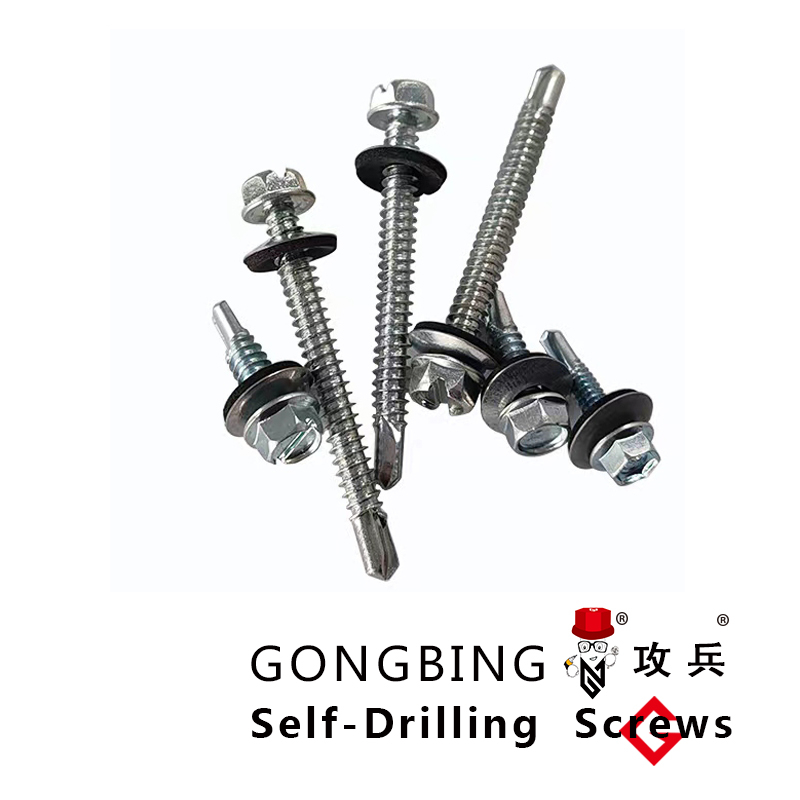Exploring Applications and Benefits of Chemical Resin Anchor Bolts in Construction Projects
Understanding Chemical Resin Anchor Bolts Applications and Benefits
Chemical resin anchor bolts have become increasingly popular in the construction and engineering sectors due to their superior strength, versatility, and resistance to various environmental conditions. These innovative fastening systems are essential for securing structural components, especially in challenging conditions or when dealing with heavy loads.
What are Chemical Resin Anchor Bolts?
Chemical resin anchor bolts are fastening devices that utilize a two-component resin system to bond the bolt to the substrate, typically concrete. The system consists of a resin and a hardener that, when mixed together, create a strong adhesive capable of anchoring bolts in a variety of applications. Unlike traditional mechanical anchors, which rely on physical expansion, chemical anchors create a robust bond through chemical reactions, providing significant advantages in terms of holding capacity and durability.
Advantages of Chemical Resin Anchor Bolts
1. High Load Capacity One of the primary benefits of chemical anchor bolts is their ability to withstand high loads. The chemical bond formed is often significantly stronger than mechanical anchors, making them suitable for heavy-duty applications such as securing machinery, structural support, and more.
2. Resistance to Environmental Factors These anchors are resistant to moisture, chemicals, and temperature variations, which makes them ideal for use in challenging environments. They are commonly used in marine, industrial, and outdoor settings where traditional anchors may fail due to corrosion or wear.
chemical resin anchor bolts

3. Installation Flexibility Chemical resin anchor bolts can be installed in a variety of base materials, including cracked and uncracked concrete, brick, and masonry. This versatility allows them to be utilized in a wide range of construction projects, from infrastructure to residential buildings.
4. Minimal Vibration Sensitivity Since they do not operate based on mechanical expansion, chemical anchor bolts are not sensitive to vibrations once cured. This makes them ideal for installations in areas subject to dynamic loads and vibrations, ensuring a secure hold without the risk of loosening over time.
5. Adaptability to Various Applications From securing steel beams to anchoring electrical equipment, chemical resin anchor bolts can be adapted for numerous uses in diverse settings. Their ability to customize bond strengths and curing times allows for tailored installations to suit project-specific needs.
Applications in Various Industries
Chemical resin anchor bolts are widely utilized in various industries, including construction, manufacturing, and infrastructure. In construction, they are commonly employed for mounting fixtures, such as handrails, balconies, and machinery. In the manufacturing sector, they secure heavy equipment to ensure operational safety and efficiency. Additionally, in civil engineering projects, chemical anchors play a critical role in the stability and durability of structures like bridges, tunnels, and high-rise buildings.
Conclusion
Chemical resin anchor bolts represent a significant advancement in fastening technology, offering a blend of strength, durability, and versatility that caters to both conventional and specialized applications. As the demand for reliable construction solutions grows, the adoption of these innovative anchors is likely to continue increasing. Understanding the benefits and applications of chemical resin anchor bolts can help industry professionals choose the right fastening systems for their projects, maximizing safety and structural integrity in their constructions. Investing in quality chemical anchors not only ensures the longevity and reliability of installations but also enhances overall project success.
-
Weatherproof Plastic Expansion Anchors for OutdoorNewsJun.06,2025
-
Sustainability in the Supply Chain: Eco-Friendly TEK Screws ProductionNewsJun.06,2025
-
Load-Bearing Capacity of External Insulation FixingsNewsJun.06,2025
-
Double Head Bolts: Enhancing Efficiency in Industrial MachineryNewsJun.06,2025
-
Corrosion Resistance in Chipboard Screws: Coatings for Wholesale DurabilityNewsJun.06,2025
-
Butterfly Toggle Bolts : Enhancing Structural ResilienceNewsJun.06,2025
